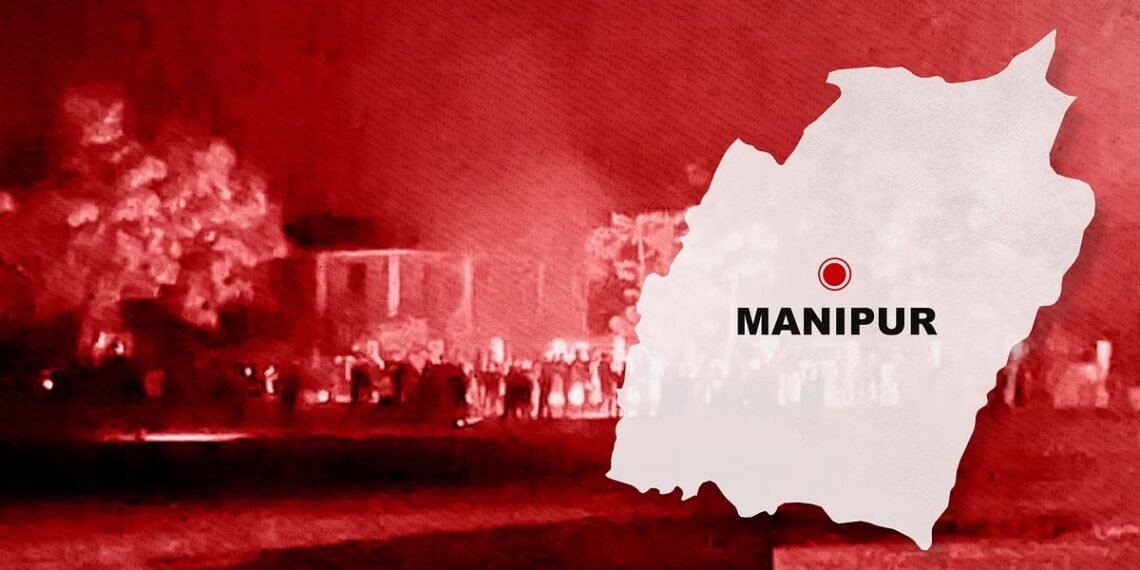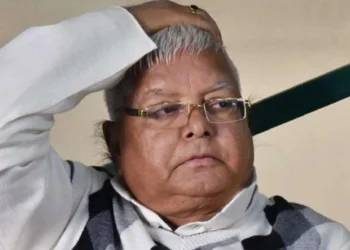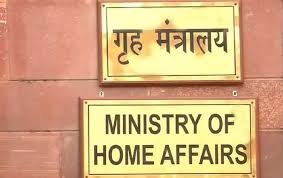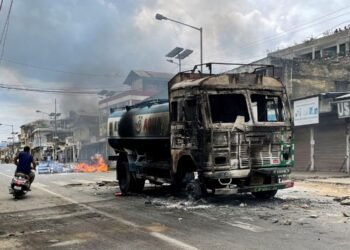The bodies of six individuals from Manipur’s Jiribam district remain in the morgue of Assam’s Silchar Medical College and Hospital (SMCH), despite post-mortem examinations being completed. Reports indicate that grieving families have refused to claim the bodies, citing unresolved grievances and the volatile situation in the region.
The last of the six bodies—a grim discovery in Assam’s Barak River—surfaced on November 18, concluding a harrowing search operation. Autopsies have since been conducted, but inter-state coordination between Assam and Manipur appears to be lagging, leaving the bodies in limbo and families in distress. Assam Police has reportedly urged Manipur Police to expedite the transfer, but delays persist, exacerbating an already fraught situation.
The victims, three women and three children from the Meitei community, were last seen at a relief camp in Jiribam before their disappearance. Preliminary findings suggest they were abducted by suspected Kuki-Zo militants amidst escalating ethnic violence. Their abduction came on the heels of a gunfight between security forces and alleged Kuki-Zo insurgents on November 11, which left 10 militants dead. Over subsequent days, the bodies were recovered from separate locations in Jiribam’s Jiri River and Assam’s Barak River.
The refusal of families to proceed with last rites underscores the deep scars left by ongoing ethnic conflict. Many believe the families are awaiting justice or assurances of safety before moving forward. The tragedy has further strained relations between the Meitei and Kuki-Zo communities, complicating reconciliation efforts.
As the region grapples with mounting tensions, authorities face the dual challenge of conducting a transparent investigation into the alleged abductions and murders while addressing the concerns of the bereaved families. This chilling episode serves as a stark reminder of the human toll of ethnic violence and the urgent need for resolution.














